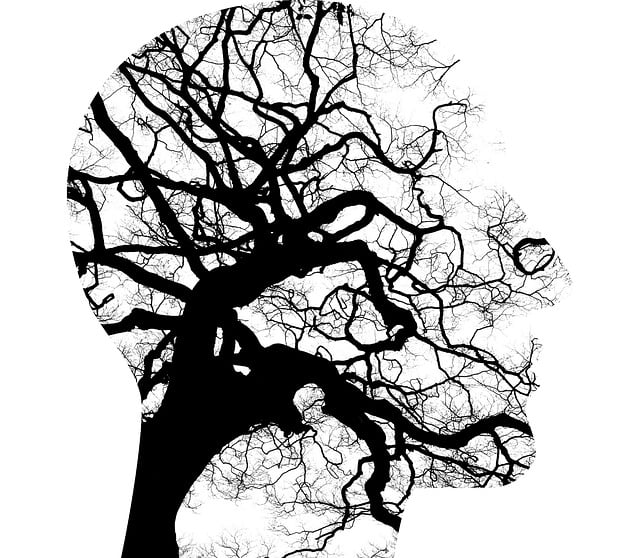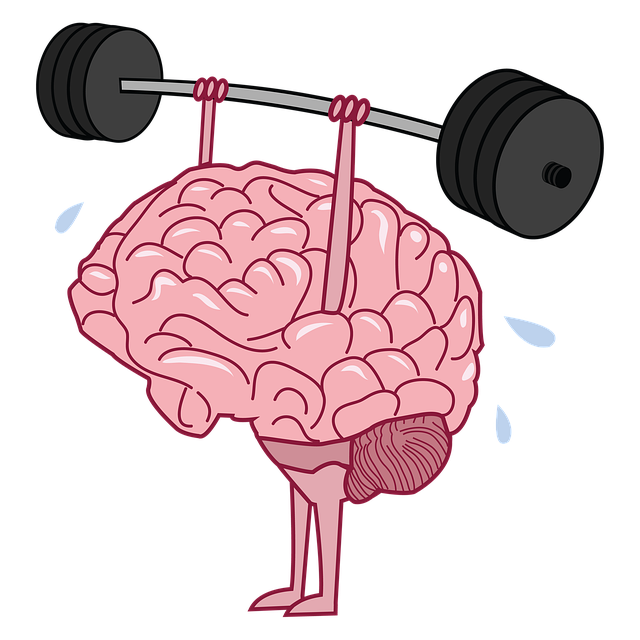Colorado Springs Mandarin Chinese Speaking Therapy prioritizes client safety and well-being through comprehensive risk assessment, guided by Mental Health Policy Analysis. Therapists employ tailored interventions, including cognitive-behavioral therapy and mindfulness, addressing cultural nuances like saving face to build trust and encourage open communication. A multi-faceted framework integrating Risk Management, Self-Care, and Burnout Prevention ensures proactive harm minimization and fosters a supportive environment for Mandarin-speaking residents in Colorado Springs. Collaborative initiatives, such as specialized therapy centers and the Mental Wellness Podcast Series, enhance cultural sensitivity and improve access to comprehensive mental health care.
In the field of therapy, risk assessment and harm minimization planning are paramount, especially when catering to diverse client populations, such as Mandarin-speaking individuals in Colorado Springs. This article delves into the critical aspects of these processes, offering a structured approach for therapists. We explore key topics, including understanding risk assessment, implementing harm minimization strategies tailored to cultural nuances of Mandarin-speaking clients, and developing an all-encompassing planning framework. Through this guide, therapists in Colorado Springs can enhance their practices and ensure safe, effective care for all clients.
- Understanding Risk Assessment in Therapy Settings
- The Role of Harm Minimization Strategies
- Cultural Considerations for Mandarin-Speaking Clients
- Developing a Comprehensive Planning Framework
- Implementation and Continuous Improvement in Colorado Springs
Understanding Risk Assessment in Therapy Settings

In therapy settings, risk assessment is a crucial process aimed at identifying potential hazards or risks within the therapeutic environment, specifically focusing on Colorado Springs Mandarin Chinese Speaking Therapy services. This involves meticulously evaluating various factors that might negatively impact clients’ well-being during their journey towards healing and recovery. By analyzing these risks, therapists can implement tailored strategies to minimize harm and ensure a safer, more supportive atmosphere.
The Mental Health Policy Analysis and Advocacy plays a pivotal role in guiding risk assessment practices. Through comprehensive Self-Awareness Exercises, therapists enhance their ability to recognize not only typical therapeutic challenges but also unique cultural considerations when providing services to diverse client populations. Moreover, fostering Mental Health Awareness among both professionals and the community at large is integral to creating an environment where risks are proactively managed, ensuring that clients receive the highest level of care and support.
The Role of Harm Minimization Strategies

In the realm of mental health support, harm minimization strategies play a pivotal role in safeguarding individuals’ emotional well-being promotion techniques. At Colorado Springs Mandarin Chinese Speaking Therapy, we understand that each client’s journey is unique. Therefore, our harm minimization planning incorporates tailored interventions to address specific challenges. By implementing evidence-based practices, we aim to prevent burnout and foster self-esteem improvement among our diverse clientele.
These strategies are not one-size-fits-all; instead, they are meticulously crafted to cater to individual needs. Whether it’s managing stress, coping with trauma, or enhancing resilience, our therapists employ a range of techniques. This includes cognitive-behavioral therapy, mindfulness practices, and cultural considerations relevant to our Mandarin Chinese speaking community in Colorado Springs. Such personalized harm minimization approaches ensure that clients receive the most effective support for their unique emotional landscapes.
Cultural Considerations for Mandarin-Speaking Clients

When conducting risk assessments and developing harm minimization plans for Mandarin-speaking clients in Colorado Springs, it’s essential to consider the cultural nuances and values that may influence their perception of therapy and well-being. In Chinese culture, there is a strong emphasis on saving face and maintaining harmony, which can impact how individuals express emotions and seek support. Therapists should be aware that direct confrontation or intense emotional discussions might not always be welcomed initially. Instead, incorporating gentle guidance and indirect techniques, such as exploring mind over matter principles, can help build trust and encourage open communication.
Promoting emotional well-being for this demographic may require a tailored approach. Traditional Western therapy methods might need to be adapted to align with their cultural beliefs and expectations. For instance, focusing on burnout prevention strategies that emphasize self-care and stress management techniques can resonate well. By incorporating these Mind Over Matter principles, therapists can empower Mandarin-speaking clients to take control of their emotional health while respecting their cultural context.
Developing a Comprehensive Planning Framework

In developing a comprehensive planning framework for risk assessment and harm minimization, especially in the context of Colorado Springs Mandarin Chinese Speaking Therapy services, mental health professionals must adopt a multi-faceted approach. This involves integrating robust Risk Management Planning for Mental Health Professionals with effective Self-Care Practices to mitigate potential risks and prevent Burnout Prevention Strategies for Healthcare Providers. A strategic framework should encompass thorough risk identification, detailed harm minimization strategies, and regular reviews to ensure adaptability and efficacy.
The planning process must be inclusive, considering the unique challenges faced by therapists offering services in a diverse cultural setting like Colorado Springs. By incorporating Mandarin Chinese-speaking professionals in this equation, therapy can become more accessible and culturally sensitive, thereby enhancing patient outcomes. Such a framework not only ensures the safety of both patients and providers but also fosters a supportive environment that promotes mental health and well-being for all involved.
Implementation and Continuous Improvement in Colorado Springs

In Colorado Springs, the integration of risk assessment and harm minimization planning has been a game-changer, particularly within the realm of mental wellness support. The city’s diverse community includes a growing population of Mandarin Chinese speaking residents who often face unique challenges in accessing culturally sensitive therapy services. Recognizing this gap, local initiatives have focused on implementing tailored programs to cater to these needs. One notable example is the establishment of a specialized therapy center offering Mandarin Chinese speaking therapy, catering to individuals seeking stress reduction methods and trauma support services.
Through continuous improvement, these services have evolved to incorporate innovative practices, such as the Mental Wellness Podcast Series Production, which provides accessible resources for promoting mental health awareness in the local community. By combining traditional therapy with modern media production, these efforts ensure that diverse communities within Colorado Springs have access to comprehensive and culturally responsive support.
Risk assessment and harm minimization planning are essential components of providing effective therapy, especially for diverse populations like Mandarin-speaking clients in Colorado Springs. By understanding cultural nuances and implementing comprehensive strategies, therapists can create a safe and supportive environment. The framework outlined in this article offers a structured approach to navigate risks, ensuring the best possible care for individuals seeking therapy in Colorado Springs’ vibrant Mandarin Chinese community.














